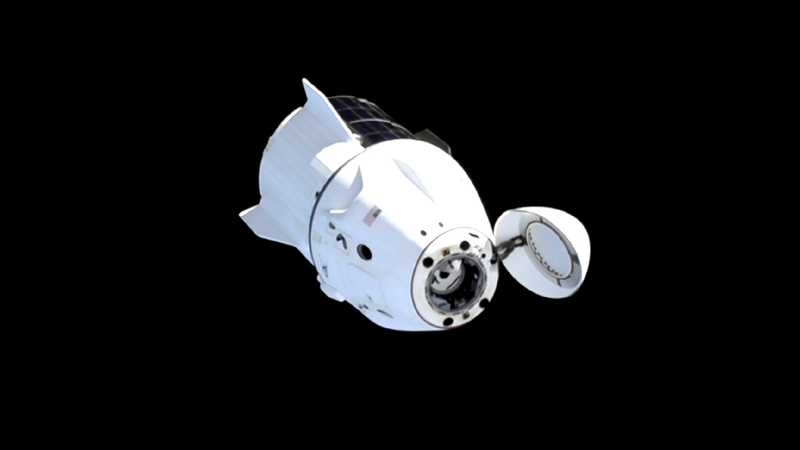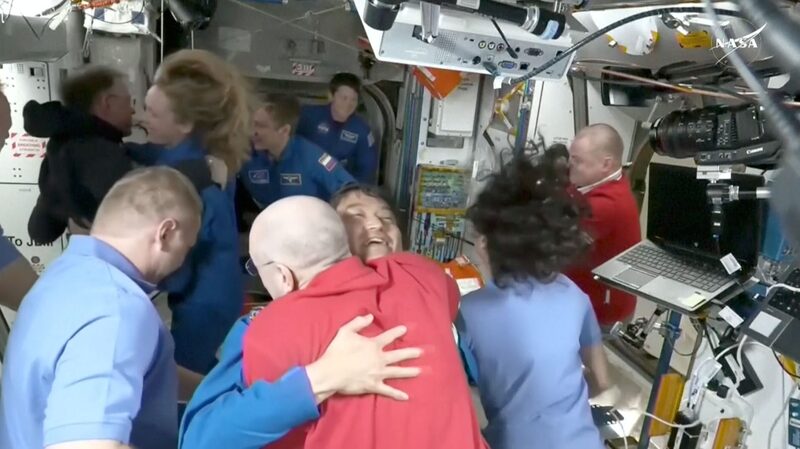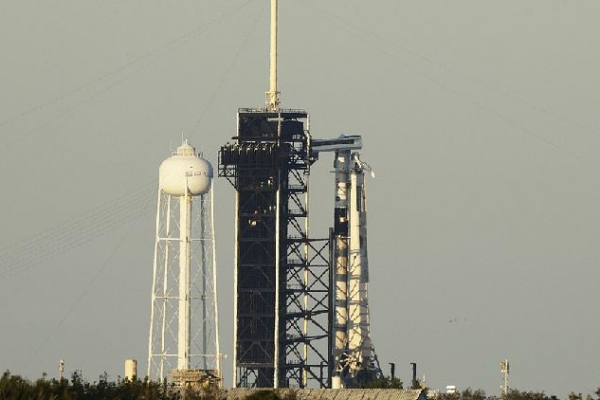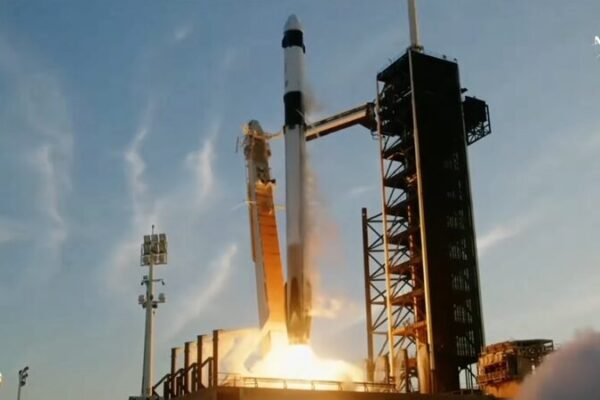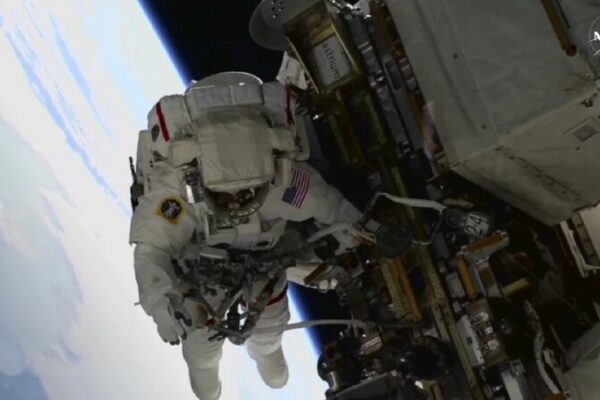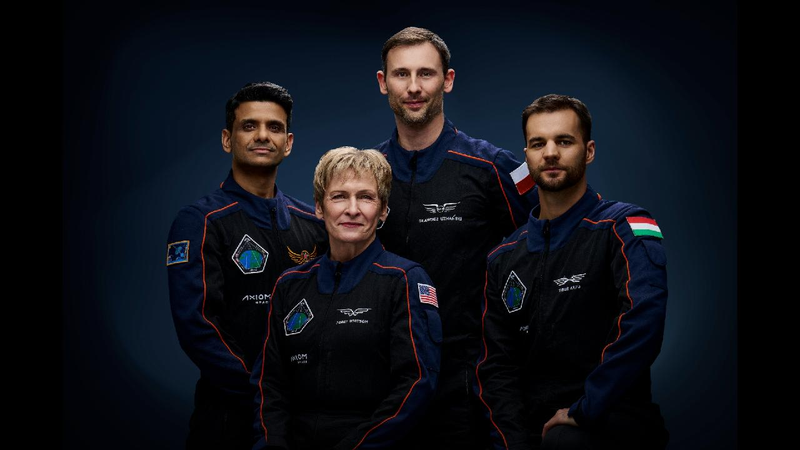NASA’s astronauts Butch Wilmore and Suni Williams are finally on their way back to Earth after an unexpected nine-month stay aboard the International Space Station (ISS). The duo departed the ISS aboard a SpaceX capsule early Tuesday, aiming for a splashdown off the coast of Florida by evening, weather permitting.
Originally, Wilmore and Williams were scheduled for a short mission. They launched on June 5, 2024, aboard Boeing’s new Starliner crew capsule, expecting to return after just a week. However, technical glitches with the Starliner led NASA to send it back empty. The astronauts were transferred to SpaceX’s Crew Dragon capsule, delaying their return to February. Further issues with the SpaceX capsule added another month to their mission.
The arrival of their relief crew on Sunday meant Wilmore and Williams could finally head home. They departed alongside NASA’s Nick Hague and Russia’s Alexander Gorbunov, who arrived last fall with two empty seats reserved for the duo.
Their extended stay captured attention worldwide, giving new meaning to being “stuck at work.” While longer space missions have occurred, none had faced such uncertainty or unexpected extensions.
During their time on the ISS, Wilmore and Williams became integral crew members. They conducted experiments, repaired equipment, and even performed spacewalks together. Williams set a new record for the most time spent spacewalking by a female astronaut, totaling 62 hours over nine excursions. She also served as the station’s commander for several months.
Both astronauts are retired Navy captains and likened the prolonged mission to extended military deployments. While they remained upbeat, they acknowledged the challenge of being away from family. Wilmore, 62, missed much of his younger daughter’s senior year of high school, while Williams, 59, kept in touch with her mother through internet calls.
Despite the delays, Wilmore and Williams supported NASA’s decisions. “We knew the challenges when we signed up,” Wilmore shared during a live interview from orbit. “Our focus remained on the mission.”
NASA’s partnerships with SpaceX and Boeing aim to provide reliable transportation to the ISS until its planned retirement in 2030. By then, the station will have been orbiting for over three decades. The agency plans to transition to privately run stations, allowing NASA to focus on missions to the Moon and Mars.
As they journey home, Wilmore and Williams look forward to reuniting with their loved ones and readjusting to life on Earth. Their unexpected extended mission highlights the resilience required in space exploration.
Reference(s):
cgtn.com
